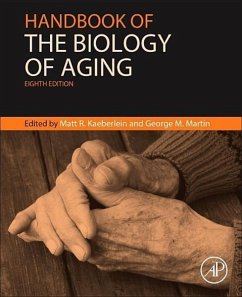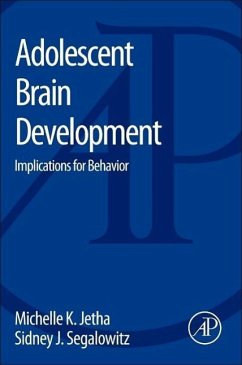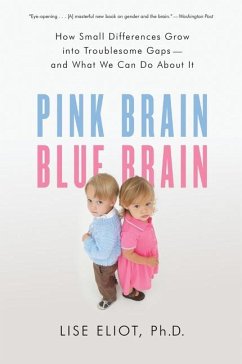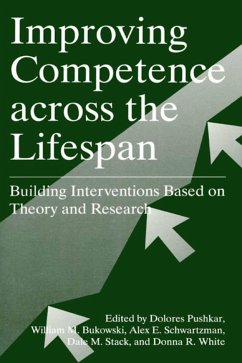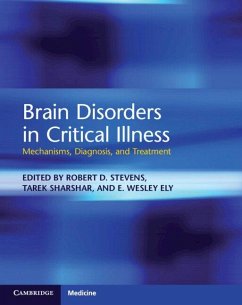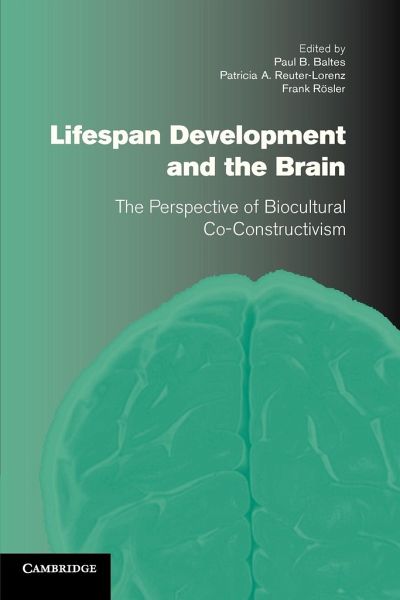
Lifespan Development and the Brain
The Perspective of Biocultural Co-Constructivism
Herausgegeben von Baltes, Paul B.; Reuter-Lorenz, Patricia A.; Rösler, Frank
Versandkostenfrei!
Versandfertig in 1-2 Wochen
55,99 €
inkl. MwSt.

PAYBACK Punkte
28 °P sammeln!
The book focuses on the developmental analysis of the brain-culture-environment dynamic and argues that this dynamic is interactive and reciprocal. Brain and culture co-determine each other. As a whole, this book refutes any unidirectional conception of the brain-culture dynamic. Each is influenced by and modifies the other. To capture the ubiquitous reach and significance of the mutually dependent brain-culture system, the metaphor of biocultural co-constructivism is invoked. Distinguished researchers from cognitive neuroscience, cognitive psychology and developmental psychology review the ev...
The book focuses on the developmental analysis of the brain-culture-environment dynamic and argues that this dynamic is interactive and reciprocal. Brain and culture co-determine each other. As a whole, this book refutes any unidirectional conception of the brain-culture dynamic. Each is influenced by and modifies the other. To capture the ubiquitous reach and significance of the mutually dependent brain-culture system, the metaphor of biocultural co-constructivism is invoked. Distinguished researchers from cognitive neuroscience, cognitive psychology and developmental psychology review the evidence in their respective fields. A special focus of the book is its coverage of the entire human lifespan from infancy to old age. The role of the brain as the dominant actor in the determination of human behavior is at risk of fostering the radical view that the brain is in full control. The present volume is intended to recapture a more balanced view of the nature (brain)-nurture (culture/environment) interaction.





